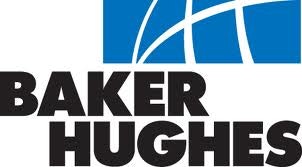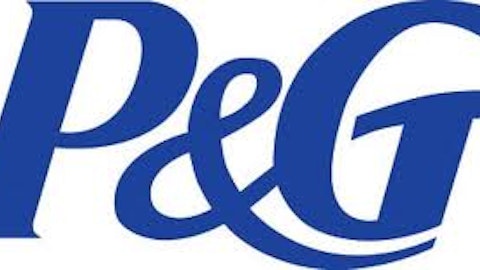Oilfield products and services suppliers ride the same waves of volatility, as does the energy industry they support. The potential for significant returns exists for these companies, and this can translate to healthy returns for those who invest in them. However, the risk factor is always there – and quite potent at times – as these corporations often traverse an oily slope. It can be a challenge for them to gain traction and continue to march ahead to growth.

The company believes, according to a Reuters.com report (Feb.13, 2013), that Venezuela’s devaluation of their currency will result in a loss of approximately $25 million this quarter. This is according to Baker Hughes’ annual report filed in February.
What does this mean for investors?
When investors research companies they’re interested in, they should consider the extent of said companies’ operations in foreign jurisdictions and the prevailing political and economic winds in those areas. National policy, especially with socialist governments, is not often in line with major corporations’ goals. Venezuela is the U.S.’ fourth-largest foreign oil supplier. There’s a lot of business to be had in that country, with the attendant risks tagging right along.
Baker Hughes recently reported their fourth quarter and annual results for 2012. According to their annual results, revenue for the year 2012 was a record $20.93 billion. This is up 8 percent compared to $19.43 billion for the year 2011.
Adjusted income from continuing operations for the year 2012 was $1.32 billion, or $3.00 per diluted share. This is in comparison to $1.81 billion, or $4.14 per diluted share, for 2011. On a GAAP basis, income from continuing operations for 2012 was $1.28 billion, or $2.90 per diluted share, compared to $3.96 per diluted share for 2011.
What are the positives investors can consider?
One positive for the company includes Mr. Martin Craighead, Baker Hughes President and Chief Executive Officer, noting that, “In 2012 we posted record revenue, with growth coming from all operating segments.”
Another positive for Baker Hughes is that their business in North America grew by 5 percent. The basis of this was mainly on the successful introduction of several well construction technologies. Investors should research companies that have a strong commitment to R&D, which helps keep them at the forefront of the industry. Since 2001, Baker Hughes has doubled their annual investment in research and engineering. The company has a two-tier technology program. The first tier is short-term applied engineering to drive next-generation products and services. The second tier is long-term critical research to develop game-changing technology.
As I mentioned in a previous blog post (Are These Two Diamonds in the Rough or an Investor’s Best Friend?, Feb. 12, 2013), a report in Drilling Contractor Magazine (November 2012 – Joanne Liou) indicated that “…the offshore market is providing more signs for a positive outlook as well, powered by the deepwater Golden Triangle and a robust jackup market.”
Investors should consider that this is beneficial to Baker Hughes; in the Gulf of Mexico, the company’s business grew over 30 percent for the year. The basis of this growth was a rebound in deepwater activity, share gains in drilling and wireline services, as well as small improvements in price.
Halliburton Company (NYSE:HAL) is also experiencing the effects of currency devaluation. The company is one of the world’s largest providers of products and services to the energy industry. They said that the devaluation of the Venezuelan bolivar would lead to a foreign currency loss in the first quarter of approximately $30 million.




